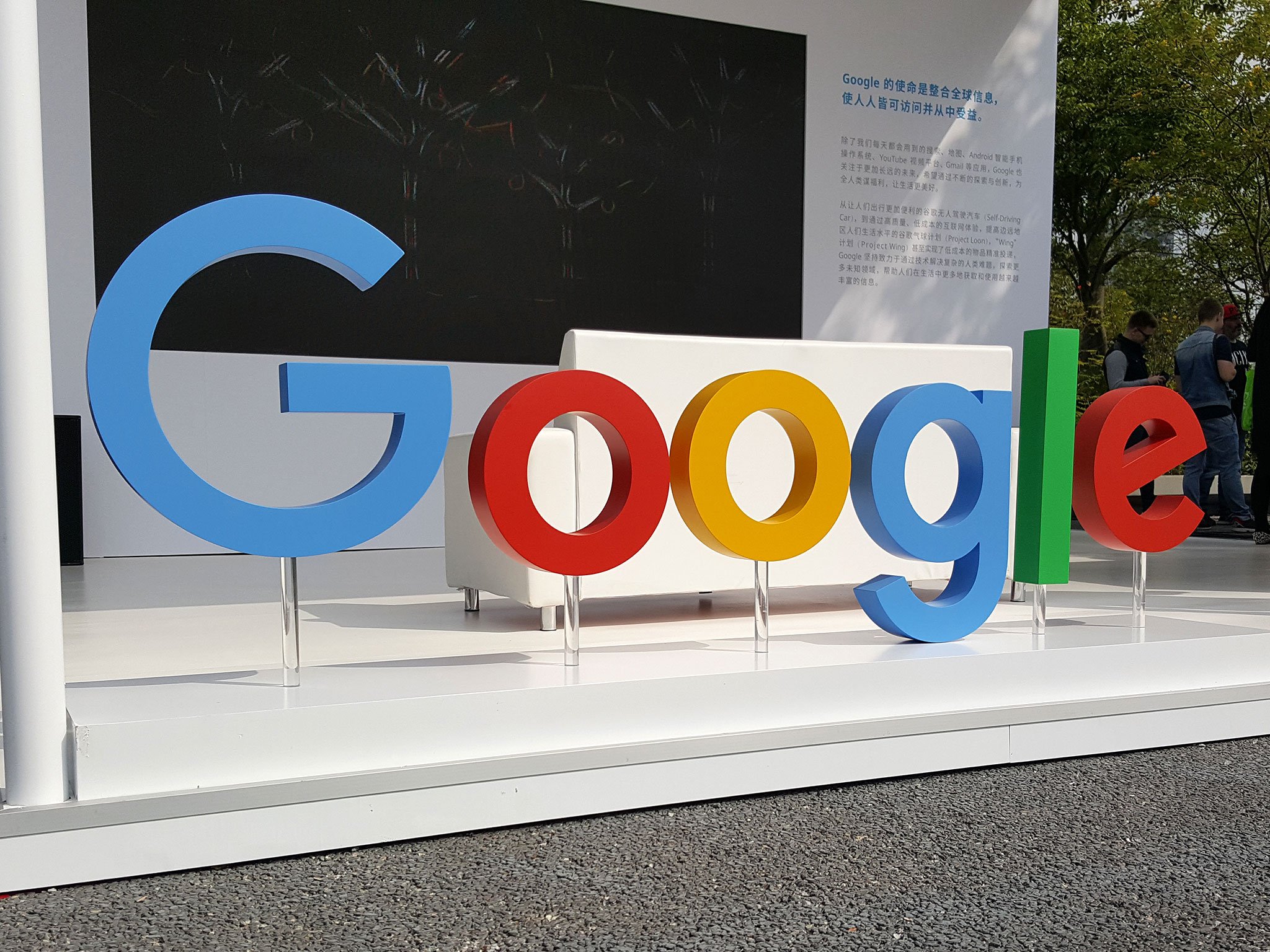For transparency's sake, Google now requires all advertisers to identify themselves

What you need to know
- All advertisers on Google are now required to identify themselves in a shift from a policy that previously targeted political ads only.
- Advertisers will now be required to submit business and personal identification documents to verify their identities and their country of operation.
- Google expects to take years to fully roll this out.
Forcing ads to be more transparent, Google will now require advertisers to verify themselves before their ads can be posted. This is a policy the company had rolled out for political advertisers a few months ago. Now, it's requiring the same for all advertisers no matter what the subject matter.
"[A]dvertisers will be required to complete a verification program in order to buy ads on our network. Advertisers will need to submit personal identification, business incorporation documents or other information that proves who they are and the country in which they operate," Google's John Canfield, Director of Product Management, Ads Integrity, explained, "Beginning this summer, users will start to see disclosures that list this information about the advertiser behind the ads they see."
For customers, it's a great way to know who's trying to sell what product to you and inform your choices. It'll also cut out impersonators. It's harder to pretend you're running an ad campaign from say Nike if your Google advertiser info shows you're Steve's Clothing from Iowa.
The advertiser verification program will start in the U.S. and roll out globally. Don't expect it to be a quick job, Google says that it'll take a few years till completion considering the scale of the program.
How to control what ads Google shows you
Get the latest news from Android Central, your trusted companion in the world of Android

